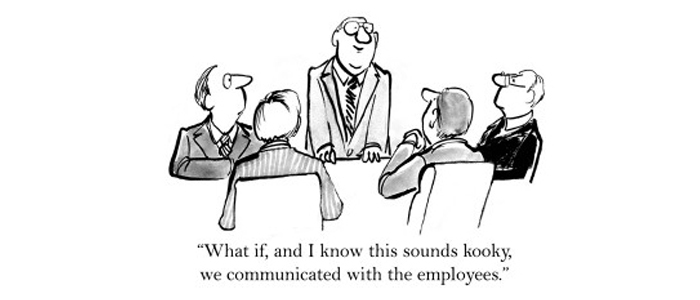Good interpersonal skills are the hallmark of all great leaders. There is no leadership without effective communication, and those possessing the art of delivering thoughts and ideas in meaningful ways are those who are most successful.
No academic discourse or any business degree can teach you how to become a skilful communicator. It is self-taught and learned by exposing oneself to situations where interpersonal skills are tested the most.
Regardless of which leadership style CEOs and managers adopt or have, delivering the right communication is a different matter altogether.
The best communicators are not only those who show the intent to listen to others, but also those who have incredible situational awareness and problem-solving skills. Without being able to critically analyse, process the finer details and evaluate holistically, leaders will not be able to communicate the big picture to their staff, and the business will not grow as it should.
The following are a few ways leaders can uphold effective leadership communication:
1. Get personal
The positive value of any relationship intensifies the more emotions are involved. While it is important to have disciplined and professional relationships with your staff, it is also essential that leaders communicate with their staff using personalised tones and messages. Cultivating meaningful relationships is critical for leaders to communicate effectively.
2. Be specific
Leaders also need to practise ways of keeping their messages concise and to the point. There is nothing remarkable about making long speeches if your staff cannot understand and remember half of the things you say. Business leaders are more pressed for time, and it can be very damaging if they do not deliver messages in a concise manner. The more targeted and to the point your messages are, the more clarity your staff will have.
With thanks to Simon T Bailey on bizjournals.com for this post.
